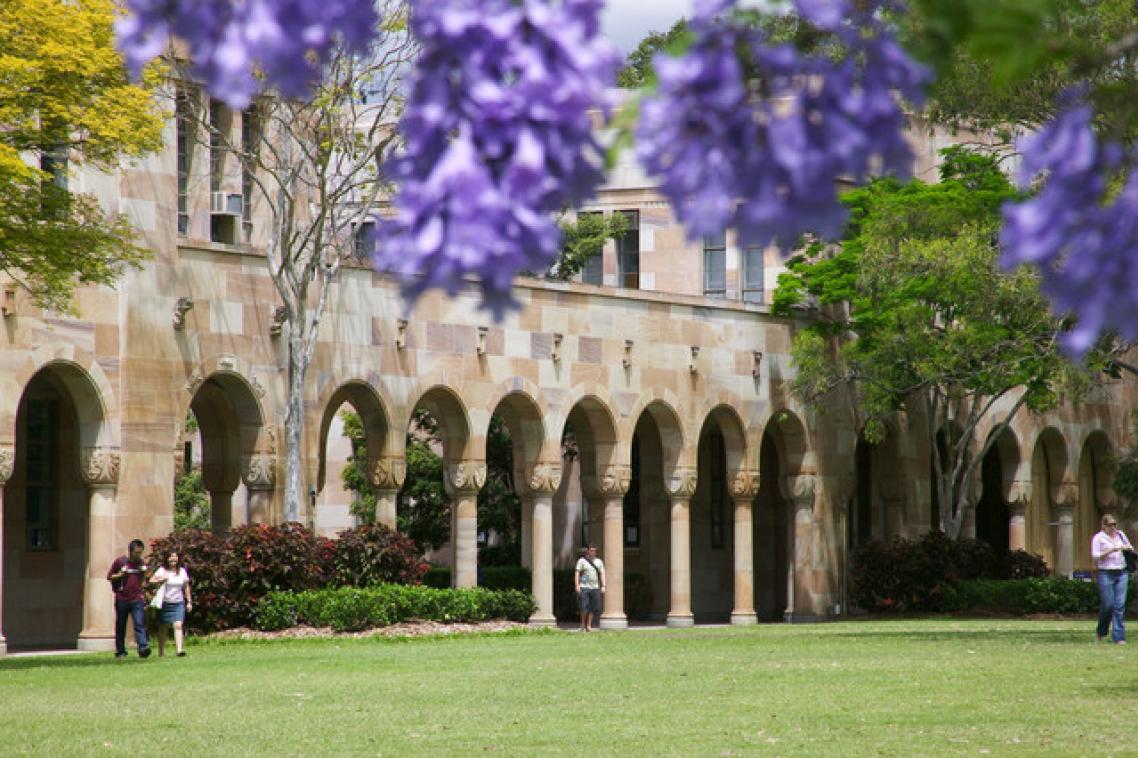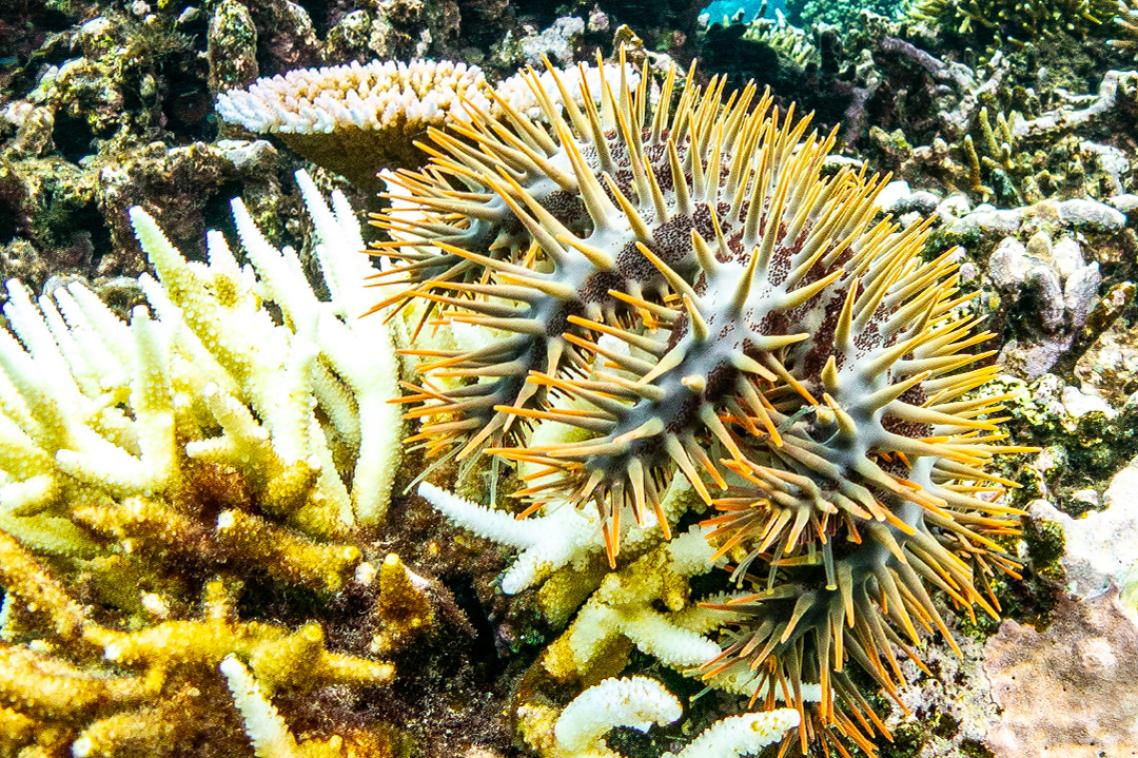Scientists tackle the decline in male fertility
This week, Australian scientists will gather at The University of Queensland’s Institute for Molecular Bioscience (IMB) to discuss the causes of an alarming decline in male fertility in Australia and worldwide.
Professor Peter Koopman, head of the Brisbane node of the Australian Research Council’s Centre of Excellence in Biotechnology and Development said there had been a huge increase in male infertility in the past 30 years.
“Since the 1970s, we have seen a huge increase in male infertility and rates of testicular cancer, which is directly attributable to environmental factors such as pollutants, cigarette smoke and exposure to chemicals,” Professor Koopman said.
“We need to identify these factors and find out what they are doing to male germ cells (cells that make sperm) before it is too late.”
Australia’s leading experts will discuss these issues at the inaugural Australian Workshop on Male Fertility, Cancer and the Environment, the first nationwide taskforce to address these issues.
“Because sperm production is such a complex process, and because sperm cells are produced in their billions, relatively small environmental changes can have disastrous consequences, not only in fertility, but also possibly leading to testicular cancer,” Professor Koopman said.
“Some of these environmental changes can impact on the development of an embryo, even without exposure of the mother.
“There is an urgent need to develop new tests for the effects of environmental chemicals.”
The Workshop, convened by Professor John Aitken, Director of the Centre of Excellence in Biotechnology and Development, draws together embryologists, biochemists, toxicologists, epidemiologists and cancer specialists to identify new strategies to combat the problem.
According to Professor Aitken each of us is probably carrying the legacy of our great grandfather’s pipe smoking habit in our genes.
“Analysing the mechanisms by which environmental toxicants influence DNA integrity in the male germ line is essential if we are to identify, quantify and avoid this risk for future generations of Australians,” Professor Aitken said.
The workshop will take place on Friday, 14 May and is sponsored by the Australian Research Council’s Centre of Excellence in Biotechnology and Development, an elite research alliance that specialises in genetic and environmental factors influencing sperm production.
Media: For more information contact Russell Griggs (telephone: 07 3346 2134 or email: r.griggs@imb.uq.edu.au).
Related articles

UQ professor joins WHO advisory group on alcohol and drug use

Crown-of-thorns control boosts coral growth in a warming world
Media contact
UQ Communications
communications@uq.edu.au
+61 429 056 139
